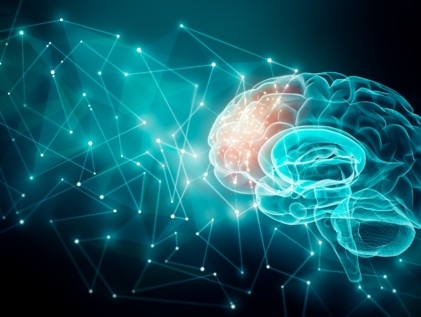With Alzheimer’s continuing to impact a record number of Americans each year, it’s no surprise that doctors are looking for adjunct therapies that can improve its symptoms. The technique of light therapy, in use since the mid-1980s primarily for sleep disorders and seasonal depression, is one that doctors have explored in recent years as possibly beneficial for people with dementia.
Understanding Light Therapy
Sometimes called phototherapy, light therapy can take several forms (flashing lights or low lights, for example) but usually involves a person sitting at a lightbox for a certain number of hours at a specific time of day. The technique is meant to help reset interrupted circadian rhythms that can disrupt sleep and cause Seasonal Affective Disorder by exposing the person to a concentrated amount of bright light at a normally wakeful time. Because of its role in regulating sleep, light therapy has also been found effective in mitigating the effects of depression when used in conjunction with prescribed medication.
Light Therapy and Alzheimer’s
While experts caution that research is still in its early stages, there is some evidence that light therapy can produce positive outcomes in people living with Alzheimer’s. Scientists are particularly focused on these areas:
- Sleep Disturbance
Sleep issues are common among people with dementia. Perhaps because of its help with circadian rhythm regulation, light therapy has been shown in some limited studies to help regulate the sleep patterns of those living with dementia. Scientists are exploring whether certain types of light are more effective in this area. - Cognitive Function
Light therapy is designed to stimulate brain neurons to fire together at higher frequency and function. Studies on mice have shown that light therapy may improve the gamma levels associated with better brain function and reduce the levels of beta-amyloid plaques – the hallmarks of Alzheimer’s. The jury is still out on how beneficial it is to human cognition, but these early results are nonetheless encouraging. - Behavioral Issues
Many of us are familiar with the agitation and other behavioral disturbances associated with Alzheimer’s and other forms of dementia. While in its early stages, field research is uncovering the potentially positive effect of bright light therapy in reducing agitation in particular. These results are encouraging, considering the prescription medications usually given can have severe side effects.
As always, the science surrounding Alzheimer’s and dementia is constantly evolving. Keep tuned to the Alzheimer’s Association for the latest research and discovery.

